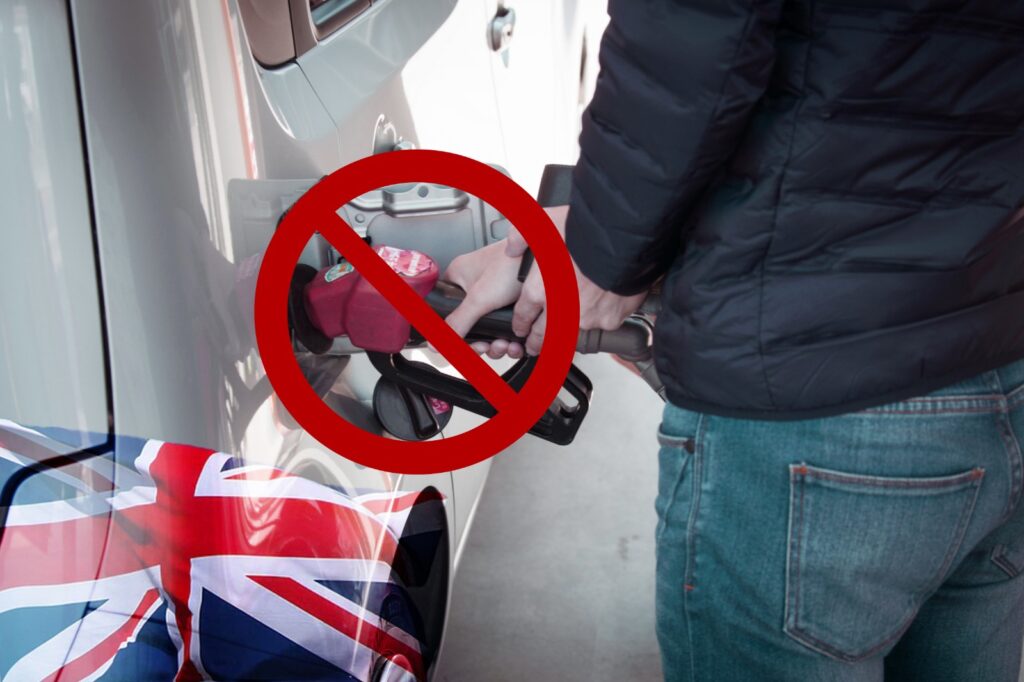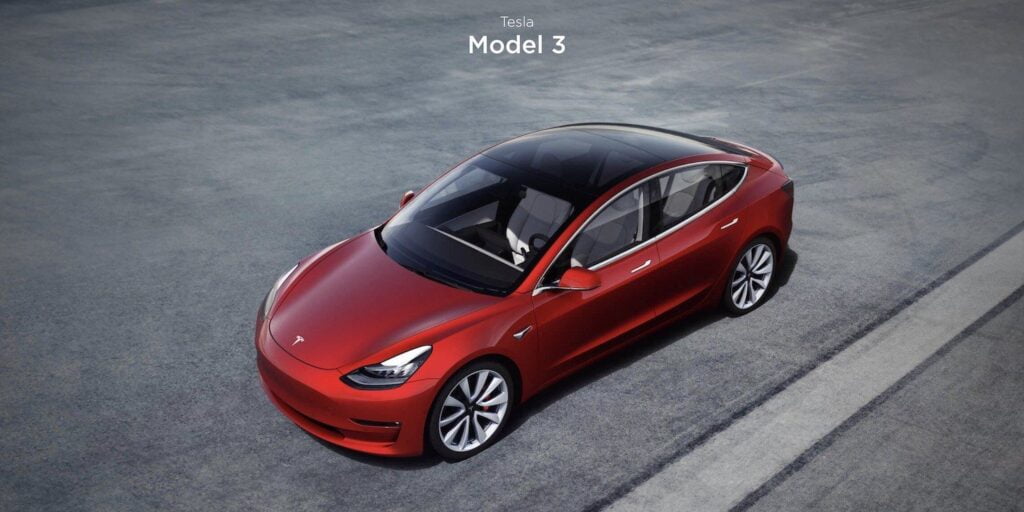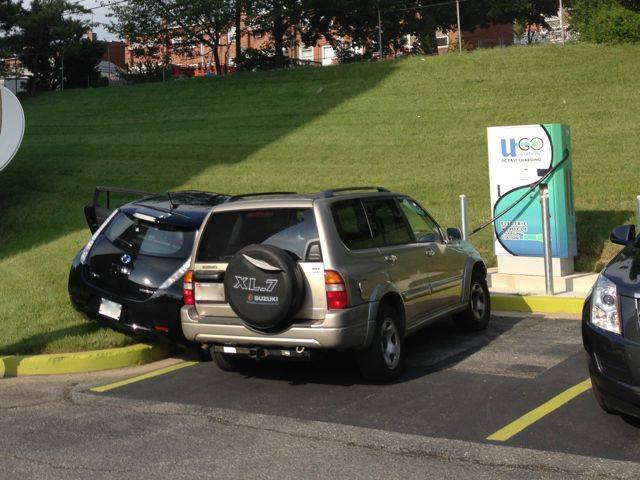The UK government’s decision to ban petrol and diesel cars by 2030 has put the government on its toes to increase EV charging infrastructure across the country and expedite mass production of EVs. This is in relation to the Block’s larger plan to carbon neutralize by 2050.
Whereas the initiative seems viable and the plan widely consultative, there’s still the question as to whether the UK will be ready for the ban by the end of the decade. For the goal to be attained, this transition requires reliable assurances from the government, accelerated efforts from the industry and a ready market readily met with purchasing flexibility.
Someway somehow, it appears the public is much more ready for the move as the RAC reports the sales of electric vehicles to be on the surge, further prompting the need for the charging network to equally grow “exponentially”, in November 2020.
On the part of the government, the BBC reports that the government in announcing the 2030 agenda in November last year promised to invest £1.3bn in the rollout of rapid EV charging points across the country. This will see increased charging points on highways, in streets and in homes by extension. The government would equally spend £582m in grants to subsidize the cost of “zero or ultra-low emission vehicles” and make them cheaper for consumers. It would then commit close to £500m to facilitate the mass production of electric vehicles in the subsequent four years.
In spite of prevailing challenges, auto manufacturing companies and traders have embraced the circumstances to expand EV production as well as rapid charging networks.


